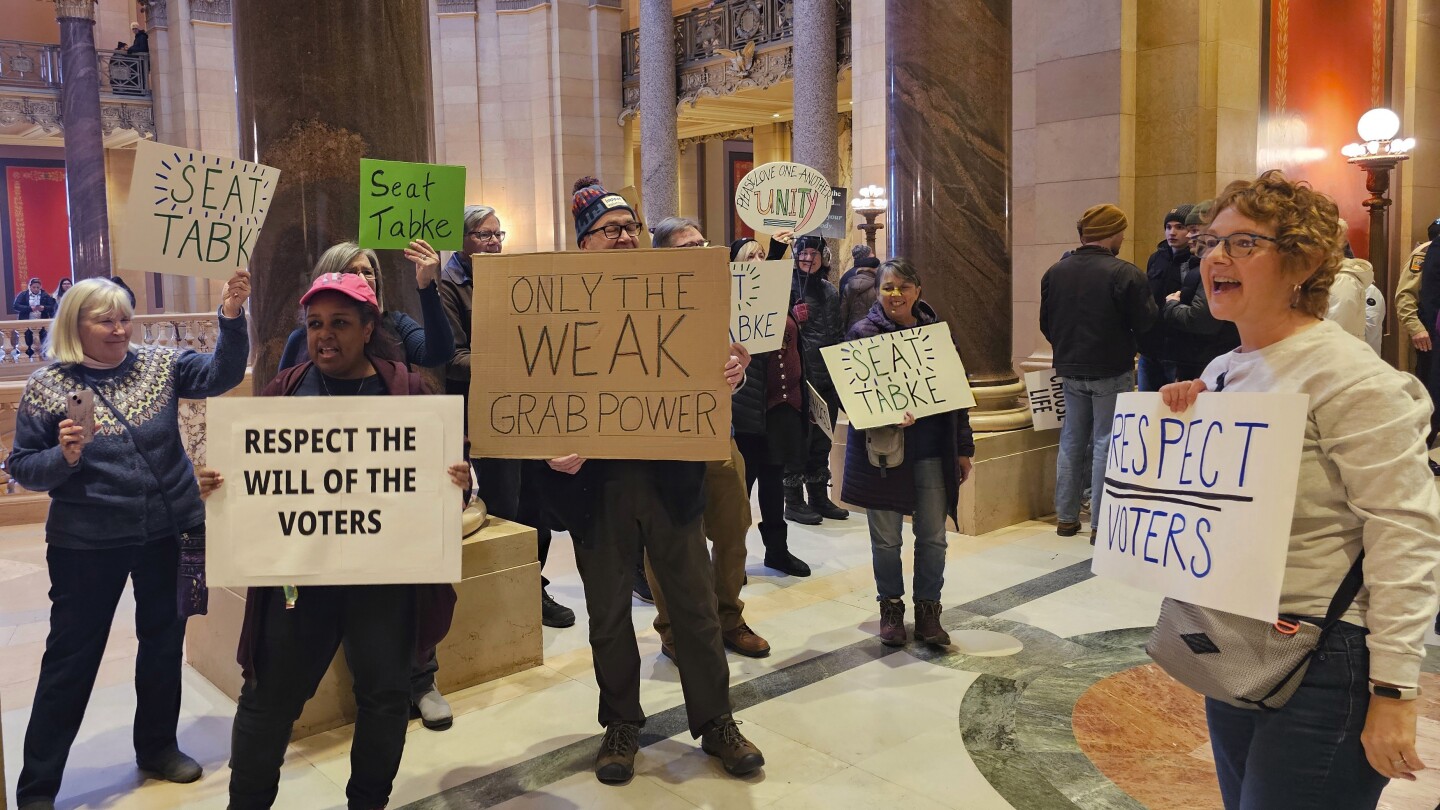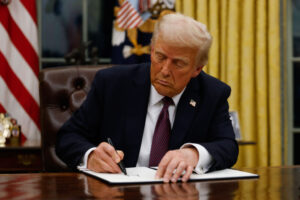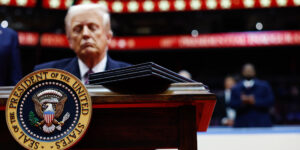Political Tensions Rise in Minnesota as Supreme Court Steps In
ST. PAUL, Minn. — The Minnesota Supreme Court is set to deliberate on a notable political clash within the state House, intensified by Democratic lawmakers’ decision to boycott the Capitol. This move aims to prevent Republicans from capitalizing on a momentary one-seat majority.
Minnesota’s current political standoff, although rare for the state, is not unprecedented in national politics. Legislators in various states have previously taken drastic measures, such as going into hiding, to avoid being compelled back to the legislative floor for quorum.
Following the November elections, a complex situation emerged when a 67-67 tie was reported in the House. A tentative power-sharing agreement between Democratic and Republican leaders unraveled after a judge determined the Democratic winner of a district did not reside there, temporarily giving Republicans a 67-66 edge. This balance is expected to shift back following a special election in a predominantly Democratic area.
Initially, Gov. Tim Walz announced the special election for January 28, potentially minimizing the impasse to two weeks. However, the Minnesota Supreme Court recently deemed this date premature, as the seat officially became vacant when the Legislature met last Tuesday. A new date around March 11 is anticipated, though legal stipulations prevent an immediate announcement.
David Schultz, a political expert from Hamline University, remarked on the situation’s dramatic nature, noting, “From a spectator’s point of view, it’s great. From a political science professor or law professor’s point of view, it’s a question I should ask on an exam. But from the public interest point of view, it’s absolutely horrible.”
This week, the Supreme Court will address petitions filed by Democrats to establish a quorum of 68 members as required by state constitution and rules, arguing that recent GOP actions are invalid. Conversely, Republicans claim that only 67 members are needed to conduct basic legislative tasks.
Republican leaders have urged judicial restraint, emphasizing the separation of powers. In their court filing, they stated, “The parties to this dispute, and Minnesota’s voters, have all the tools they need to resolve it themselves. Judicial interference is unnecessary and unwarranted.”
Schultz suggests neither party holds a strong legal position, with actions from both sides contributing to the deadlock. He predicts the court might rule the House lacks a quorum or potentially refuse to intervene due to mutual blame.
A recent Republican resolution urged Gov. Walz to direct law enforcement to ensure Democratic attendance. “We need to get a budget done. We have a lot of problems for the people of Minnesota that we need to get to work on,” emphasized Rep. Harry Niska, a leading House Republican. The resolution passed unanimously in the absence of Democrats.
Democrats maintain they will not return until Republicans agree to honor a previous power-sharing deal and ensure they won’t challenge the narrow victory of Democratic Rep. Brad Tabke. Despite a judge affirming Tabke’s win, Republicans remain noncommittal on this assurance.
Top Democrat Melissa Hortman acknowledged Minnesota’s rules are “rather genteel,” questioning the practical enforcement of rounding up absent members. Reflecting on past inquiries to the sergeant-at-arms, she humorously noted, “Like, are you going to go bear hug somebody and bring them on in? And they’re like, ‘Well, we’ll try their cellphone.’”







Be First to Comment